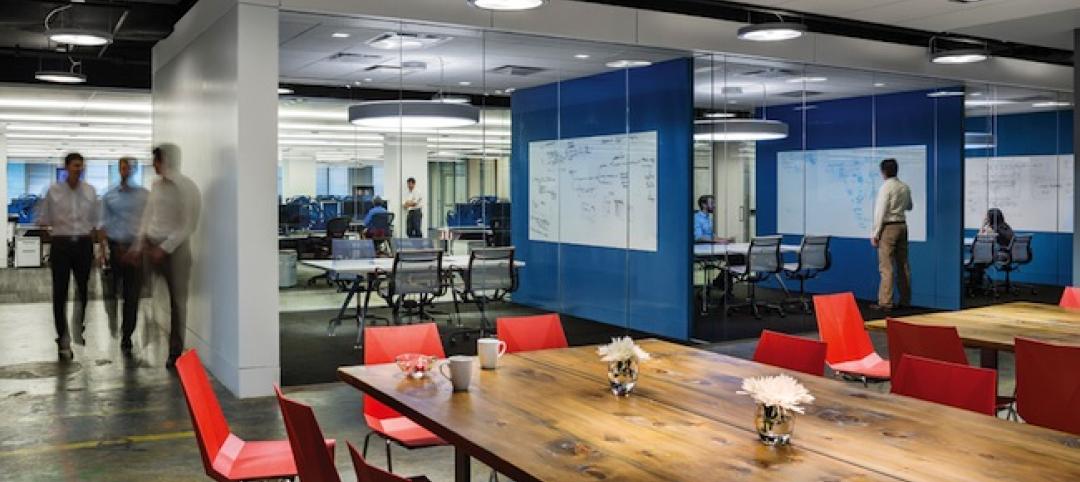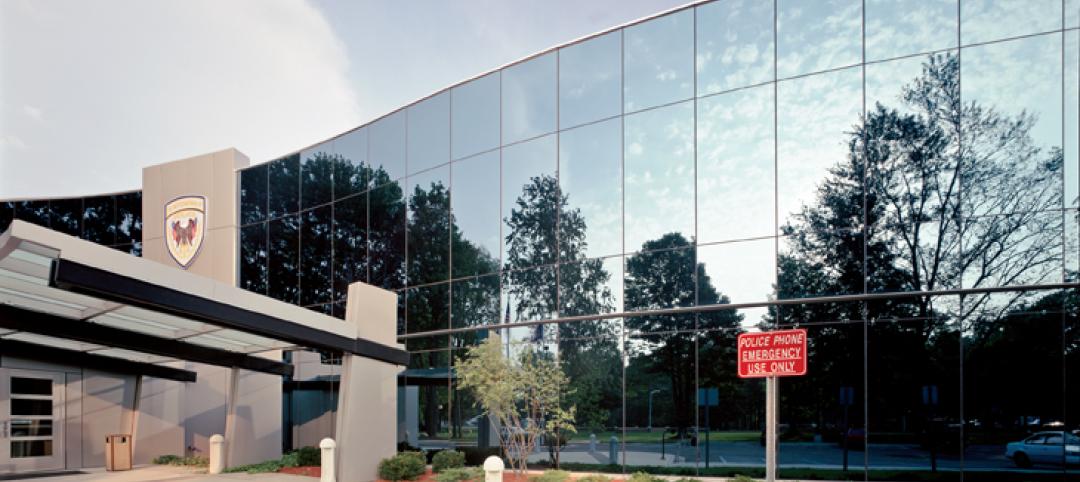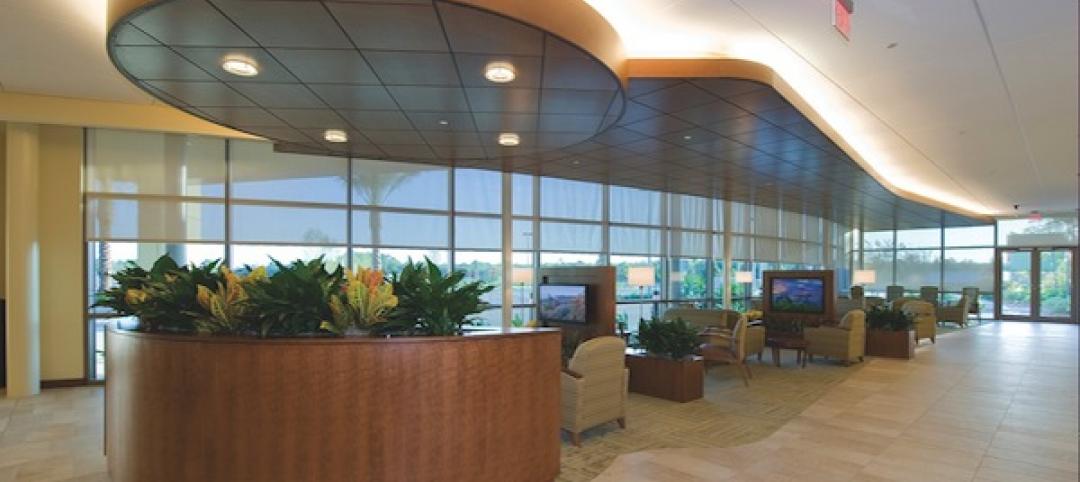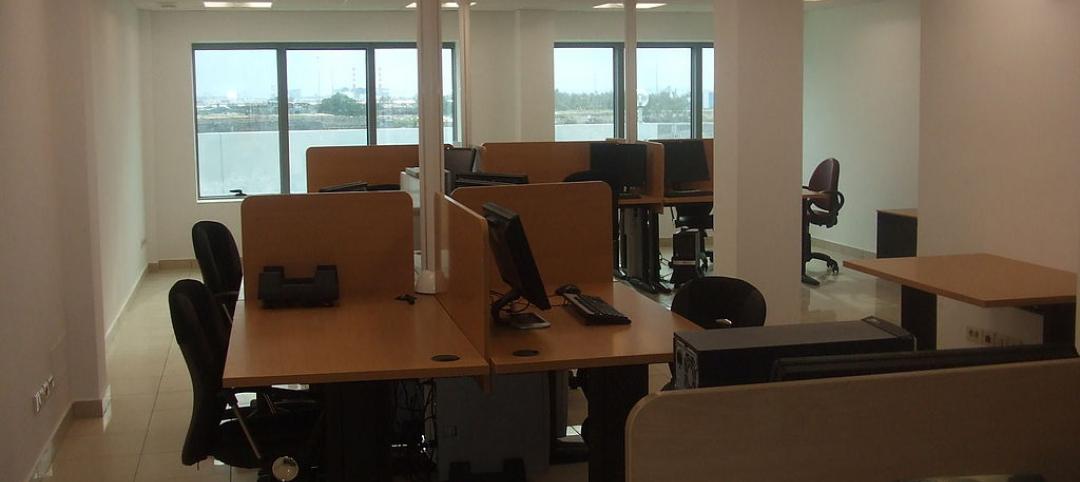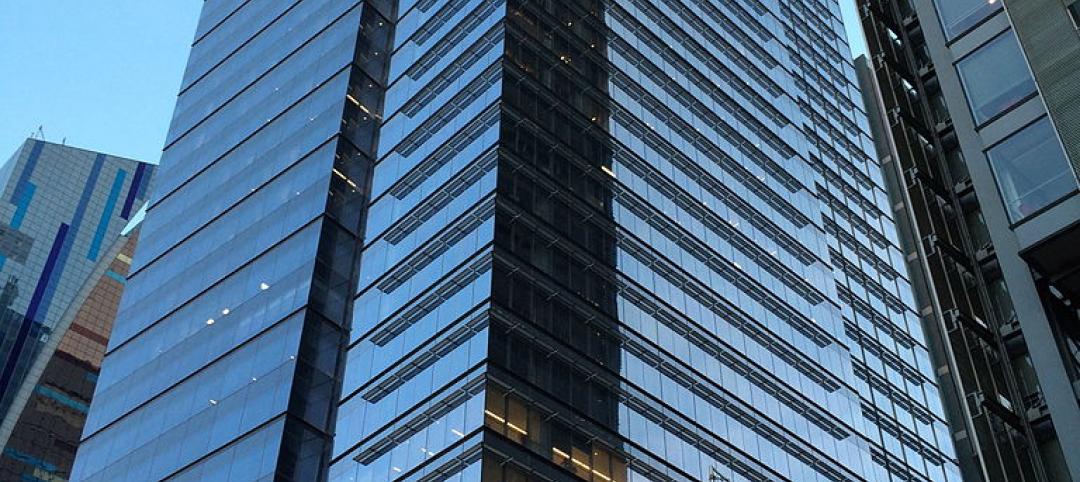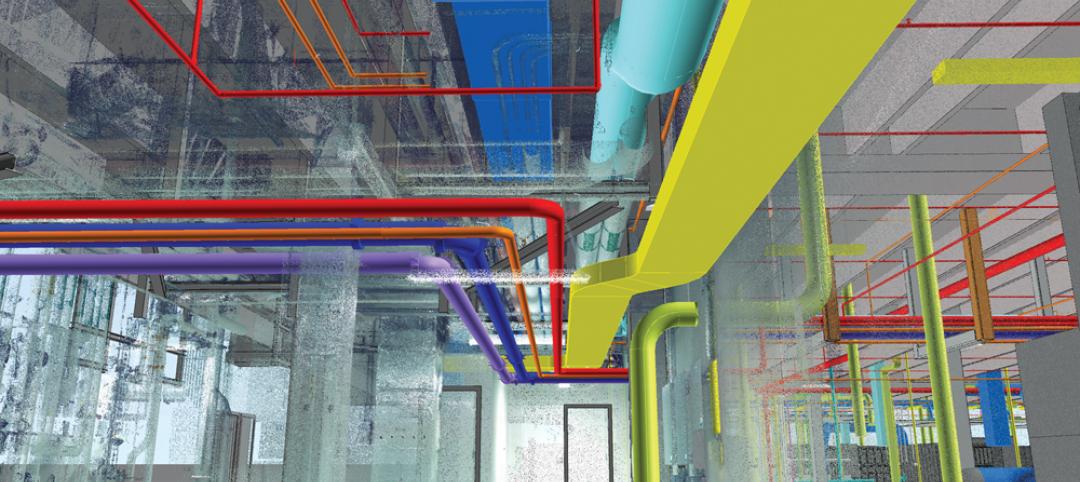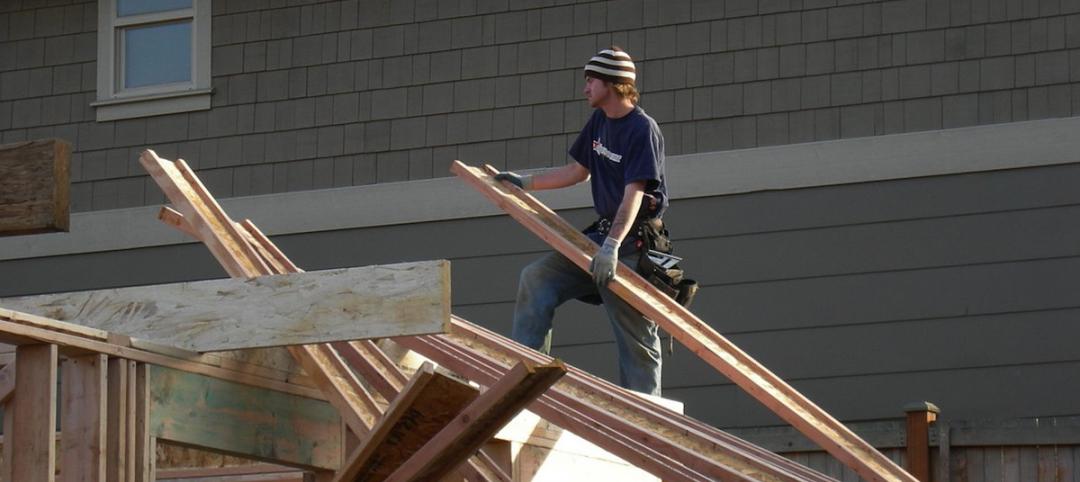FMI, the largest provider of management consulting and investment banking to the engineering and construction industry, announces the release of the Construction Outlook: Third Quarter 2011 Report.
Overall, in FMI’s latest forecast for construction put in place calls for 2% growth in 2011 and 6% for 2012 to $886.2 billion in total construction. In today’s economy that sounds like ambitious growth, but in constant 2006 dollars, that is only 3% growth for 2012 and a 1% drop in construction for 2011. To put it in perspective, in 2012 we will nearly return to 2003 levels of construction in current dollars.
Despite geo-political upheavals and constant debates about debt levels in the U.S. and Europe, budget brinksmanship in Congress, as well as a rash of natural disasters, construction markets are inching along. U.S. GDP is slow at 1.3%, but positive. Some of the unemployment problem is due to increased productivity in manufacturing and other service businesses, but, so far, there doesn’t seem to be much innovation and investment in new markets and jobs. Both consumers and businesses are rebuilding their savings and confidence in the economy, but that is a slow process with numerous setbacks. It seems that the largest barrier to moving the economy forward is fear that no one has a plan that will work. After the go-go years of high finance and exuberant housing markets, we now have high-risk aversion, and not without good reasons.
In the midst of these extremes, the inchworm economy is struggling along, and it will take some time to revive an industry the size of U.S. construction. There are positive signs to build on, for instance, if businesses with record profits now held in reserve decide that they can make more with their money by investing in new R&D, plants, equipment and personnel, then a new construction boom could follow. On the other hand, as economists like to say, if fear and risk aversion win out, those looking for a second dip of recession could find their wishes come true.
Hard-hit residential markets will start to improve, especially multi-family construction, which is becoming more desirable as banks continue to tighten financing requirements and homeowners are still reeling from the fears of foreclosure. Lodging, office and commercial construction will continue to struggle until more Americans have good jobs. BD+C
Related Stories
| Dec 28, 2014
7 fresh retail design strategies
Generic ‘boxes’ and indifferent service won’t cut it with today’s savvy shoppers. Retailers are seeking a technology-rich-but-handmade vibe, plus greater speed to market and adaptability.
| Dec 28, 2014
Workplace design trends: Make way for the Millennials
Driven by changing work styles, mobile technology, and the growing presence of Millennials, today’s workplaces are changing, mostly for the better. We examine the top office design trends.
| Dec 28, 2014
AIA: Commercial glass façade and door systems
When it comes to selecting fenestration systems—particularly glass facades and door systems—a number of factors come into play, requiring a thorough evaluation of a project’s individual requirements.
| Dec 28, 2014
10 essential habits of successful architects
Want to take the next step as a design processional? John Gresko, Senior Project Architect with HDR, explores the traits that many great architects possess.
| Dec 28, 2014
10 unglamorous things architects do
An acquaintance recently asked me about the kinds of things I did on a day-to-day basis at work, anticipating a response loaded with enviable activities. She was wrong, writes HDR's John Gresko.
| Dec 28, 2014
New trends in ceiling designs and materials [AIA course]
A broad array of new and improved ceiling products offers designers everything from superior acoustics and closed-loop, recycled content to eased integration with lighting systems, HVAC diffusers, fire sprinkler heads, and other overhead problems. This course describes how Building Teams are exploring ways to go beyond the treatment of ceilings as white, monolithic planes.
| Dec 27, 2014
7 ways to enhance workplace mobility
The open work environment has allowed owners to house more employees in smaller spaces, minimizing the required real estate and capital costs. But, what about all of their wireless devices?
| Dec 27, 2014
'Core-first' construction technique cuts costs, saves time on NYC high-rise project
When Plaza Construction first introduced the concept of "core first" in managing the construction of a major office building, the procedure of pouring concrete prior to erecting a steel frame had never been done in New York City.
| Dec 23, 2014
5 tech trends transforming BIM/VDC
From energy modeling on the fly to prefabrication of building systems, these advancements are potential game changers for AEC firms that are serious about building information modeling.
| Dec 22, 2014
What Building Teams can learn from home builders' travails
Commercial and residential construction can be as different as night and day. But as one who covered the housing industry for nearly a decade, I firmly believe AEC firms can learn some valuable lessons from the trials and tribulations that home builders experienced during the Great Recession, writes BD+C's John Caulfield.




